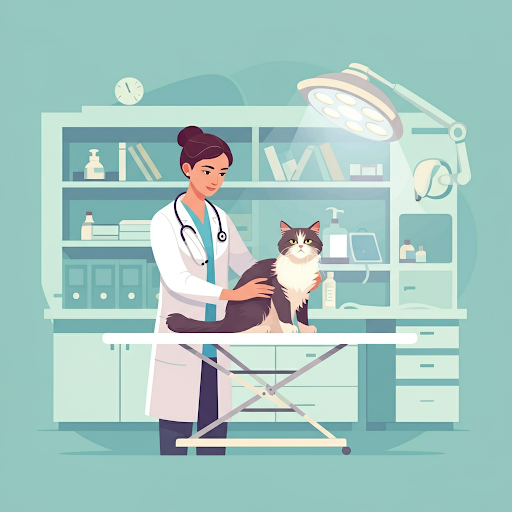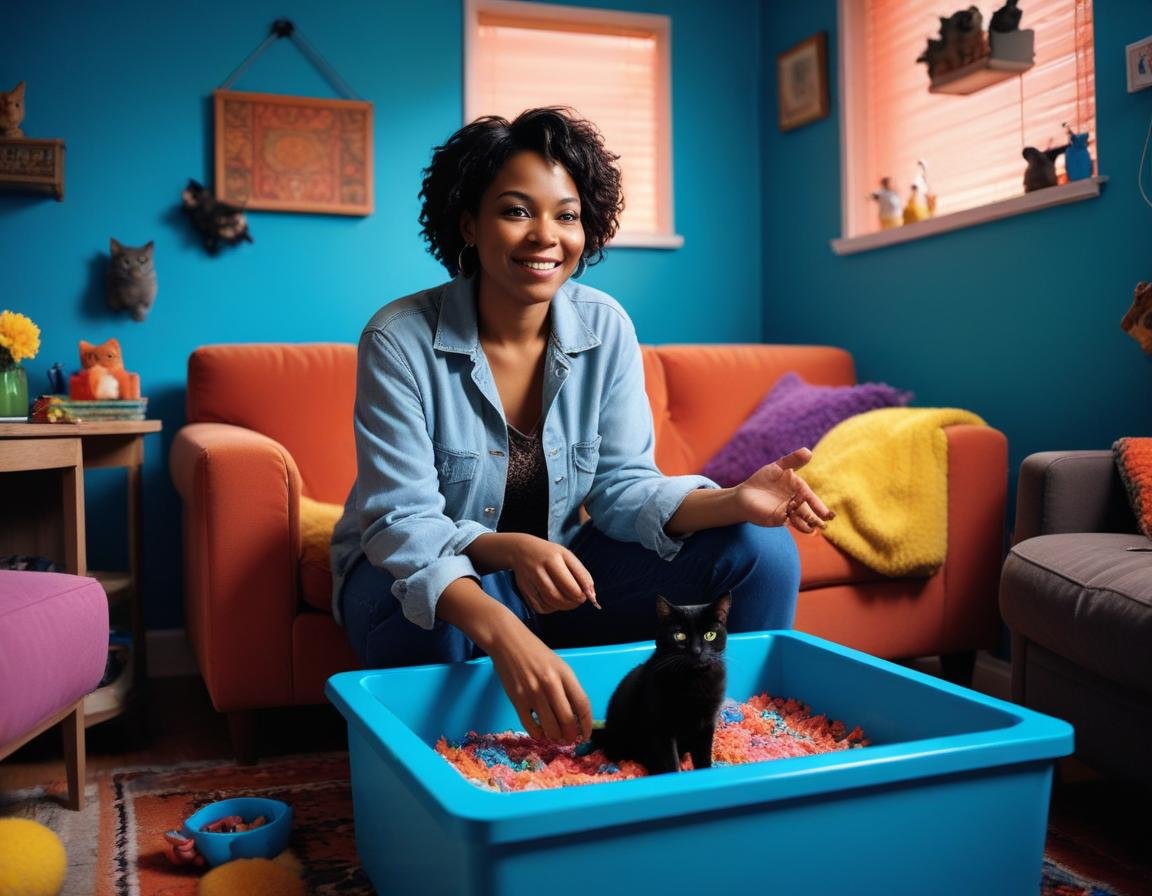Taking your cat to the vet for their annual checkup is more than just a routine errand—it’s your best shot at giving your feline friend a long, healthy life. A regular checkup can catch potential health issues early, ensure your cat is up-to-date on vaccinations, and give you peace of mind. But what exactly happens during a checkup? Whether you’re a seasoned cat parent or taking your pet to the vet for the first time, it’s helpful to know what to expect. Here’s a vet-approved look at six key things you can anticipate during your cat’s annual wellness exam.
1. Comprehensive Physical Examination 🐾
The backbone of any vet checkup is a full physical examination. Your vet will carefully assess your cat’s overall body condition, looking for any signs of illness or discomfort. This includes checking:
- Eyes: The vet looks for cloudiness, redness, or discharge that could point to infections or other eye problems.
- Ears: Your cat’s ears will be checked for wax buildup, mites, or signs of infection (which is especially common in outdoor cats).
- Skin and Coat: The vet will examine the skin and fur for clues about your cat’s health, such as dryness, bald spots, or signs of parasites like fleas or ticks.
Physical exams may seem like basic procedures, but they’re health goldmines—it’s often where early signs of illnesses like diabetes or arthritis first show up.
2. Dental Health Check 🦷
Did you know that dental disease is one of the most common health issues in cats over three years old? Left untreated, it can lead to pain, tooth loss, and even problems with major organs like the heart and kidneys. During your cat’s checkup, your vet will inspect their teeth and gums for:
- Plaque and Tartar: A buildup here could mean it’s time for a professional cleaning.
- Swollen Gums (Gingivitis): This might signal gum disease, which can worsen if ignored.
- Broken or Missing Teeth: Sometimes, dental pain goes unnoticed until it’s severe, so an inspection can save your cat a lot of discomfort.
Maintaining your cat’s dental health isn’t just about keeping their teeth shiny—it’s about ensuring their overall health and wellbeing.
3. Weight Check and Nutritional Guidance ⚖️
Weight-related issues, whether it’s obesity or being underweight, are common among cats and can lead to serious health complications. During the checkup, your vet will weigh your cat and compare it to their ideal weight. If your cat has gained or lost too much weight since their last visit, the vet will recommend adjustments to their diet or lifestyle.
For example:
- If your cat is overweight, the vet may advise calorie-controlled food and increased playtime.
- If your cat is underweight, it might suggest an underlying health problem or dietary imbalance.
Nutrition plays a huge role in your cat’s overall health, so this part of the checkup is critical.
4. Screening Tests 🩺
Depending on your cat’s age, breed, or health history, your vet may recommend some additional tests. These are especially helpful in detecting diseases at their earliest and most treatable stages. Common screening tests include:
- Bloodwork: A blood test can check for issues like kidney disease, liver dysfunction, or diabetes.
- Urinalysis: Often used to identify signs of urinary tract infections, kidney health, or bladder stones.
- Fecal Test: Helps identify intestinal parasites, which can cause gastrointestinal issues or weight loss.
Don’t be alarmed if your vet suggests these tests. They’re preventive measures to catch health concerns before they become major problems.
5. Vaccinations 💉
Ensuring your cat is up to date on their vaccines is a must. Vaccinations protect your cat from serious and often life-threatening diseases, such as:
- Rabies (required by law in most places)
- Feline Calicivirus and Rhinotracheitis (upper respiratory infections)
- Feline Panleukopenia (a highly contagious and deadly viral disease)
Your vet will tailor the vaccination schedule to your cat’s age, lifestyle, and potential exposure to other animals. Indoor cats, for instance, may require fewer vaccines than outdoor explorers, but skipping them altogether is never a good idea.
6. Open Q&A with Your Vet 💬
One of the most valuable aspects of a vet visit is having time to ask questions about your cat’s behavior, habits, or any concerns you may have. A few common topics people discuss include:
- Why is my cat suddenly scratching furniture more?
- What’s the best diet for a senior cat?
- How can I tell if my indoor cat needs more exercise?
- Is there a way to manage hairball issues?
Your vet is there for you and your cat. Don’t hesitate to bring up anything unusual or get advice on how to make your cat’s life even better.
A Note on Age-Specific Considerations
It’s worth noting that the focus of your cat’s checkup may vary depending on their age. For instance:
- Kittens may need more frequent visits for vaccinations and physical growth checks.
- Adult cats might focus on maintaining a healthy weight and catching early signs of chronic diseases.
- Senior cats may need additional screenings, such as blood pressure tests or X-rays to check for arthritis.
Every cat has unique needs, and age plays a big role in shaping their care.
Setting Your Feline Up for Lifelong Wellness
Taking your cat to the vet annually isn’t just about catching problems early—it’s about building a foundation of trust and care that will keep your cat healthy and happy for years to come. When you’re proactive about their health, you’re giving them the best chance at a long, comfortable life.
Need help prepping for your next visit? Keep an updated record of your cat’s medical history and jot down any behavioral changes so you’re ready to discuss them with your vet.
For even more advice about maintaining your cat’s health, subscribe to our newsletter or browse more articles in our Pet Health Tips section!




